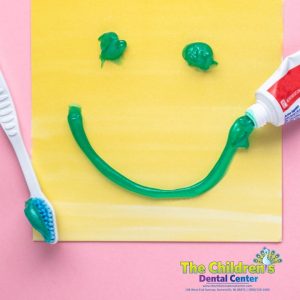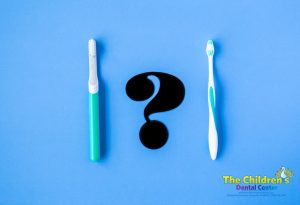For some children, the dentist can be a scary place, but it shouldn’t be! See how you can help prevent and alleviate anxiety for your little one.
As we know, going to the dentist is an extremely important part of keeping kids healthy, so why do children and even parents seem to dread visiting the dentist? Follow these helpful hints to ensure your next dental experience is a positive one.
Start visits early. It is recommended to see the dentist by your child’s first birthday. It is important to focus on prevention rather than treatment, so the sooner your child gets started, the better. Not to mention, starting early makes seeing the dentist a more routine and positive experience for your young one.
Paint the dentist as a friendly, helpful figure. If you have your own apprehensions about the dentist, avoid sharing them with your children. Prepare your child by reading books or by watching fun, informative videos online. Encourage your children that the dentist will give them a powerful smile they will want to show off to everyone.
Be careful with your words. Use positive phrases to make the visit seem like a fun time instead of a scary one. Avoid using words like “shot” or “hurt” and replace them with more kid-friendly words. For a list of suggestions, click here.
Emphasize the positive. Positive reinforcement in the form of compliments or small prizes like stickers can go a long way in motivating your child while at the dentist. Here at The Children’s Dental Center, your child will visit our Treasure Chest and will pick out a special prize that will leave them looking forward to their next visit.
Highlight the importance of oral hygiene. Teach your child that visiting the dentist is not a choice, it is a necessity. If your child wants to have strong teeth to eat with, they need to come to the dentist. It also helps to mention that going to the dentist will keep their smile shiny and bright for years to come.
Going to the dentist doesn’t need to be a scary or complicated process. While these steps seem simple, they can make a large impact on your child’s attitude towards the dentist. By following these tips, you will help your little one build enough confidence to last for a lifetime of checkups.




